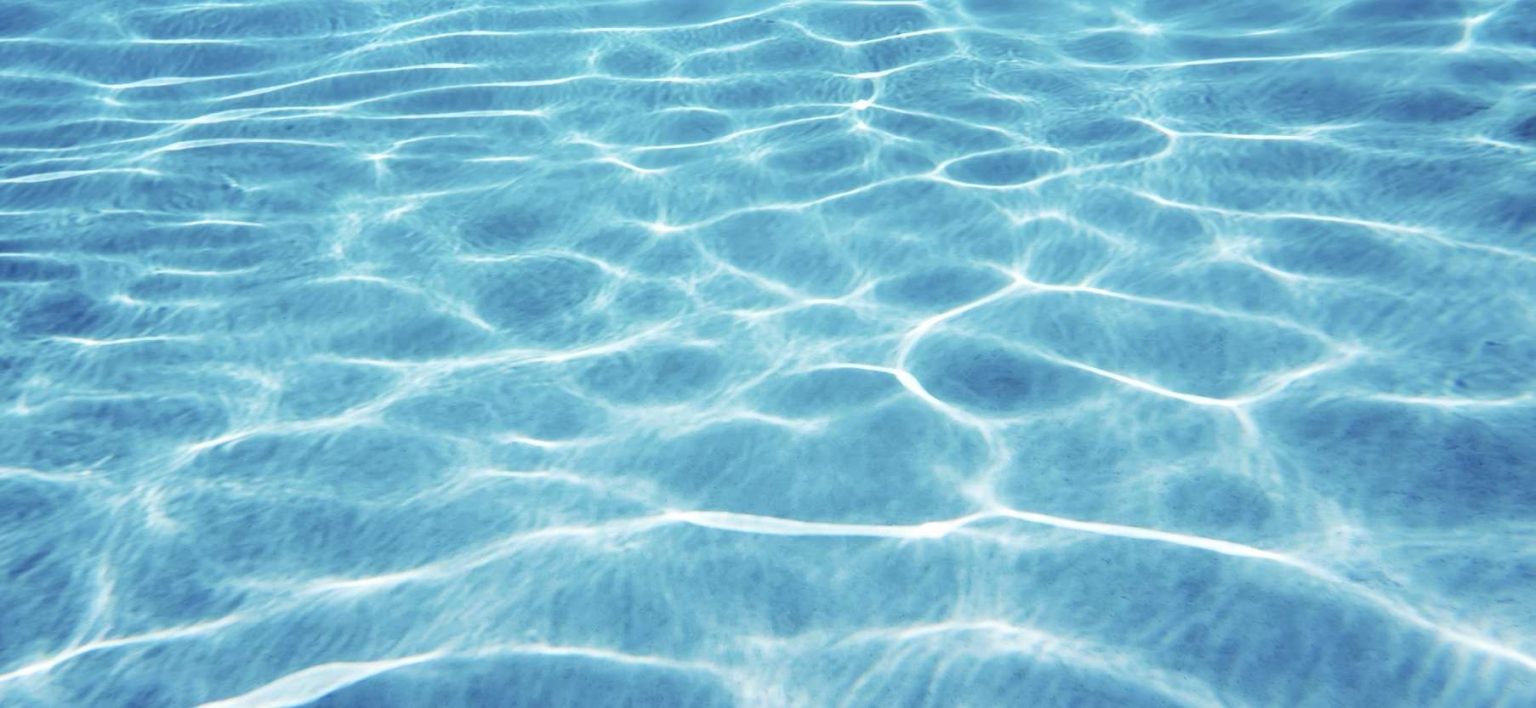In the last few years, celebrities like Kendall Jenner and Dakota Johnson have been spotted with comically large water bottles. The jugs are big enough to hold a gallon of water and feature cheery phrases like “keep moving” and “never give up” and time markers along that side that encourage users to maintain hydration and to drink up throughout the day.
While drinking a gallon of water may seem a tad ambitious and certainly isn’t the standard recommendation for everyone, these water bottles are an indicator that the advantages of topping up your water tank are something to strive for. It’s certainly a better feeling than being dehydrated. After all, water is the largest component of our body, providing up to 60% of our body weight. That’s why drinking the right amount of water and hydrating fluids is essential to feeling physically and mentally in tack, and there’s science to prove it.
The importance of hydration and the brain
If and when your body needs hydration, it will let you know loud and clear, because energy and cognition are the things that are most impacted.
Toronto-based registered nutritionist Jackie Silver says the body and brain will tell you when you need fluids and it’s time to drink.
“When you are adequately hydrated and you do have enough fluids, it’s easier to concentrate, to have energy, to do your work, to go about your activities of daily living,” she says. “When you’re not getting enough fluids, one of the signs is difficulty thinking and focusing, headache, light-headedness and fatigue.”
When it comes to physical signs of dehydration on the body, those include cracked skin, dry lips and a parched mouth. Dark urine is also a telltale sign of a lack of hydration. There’s been plenty of research into the subject, which tends to point to the same thing: it’s essential to stay hydrated.
A 2018 meta-analysis study that examined whether dehydration impairs cognitive performance, concluded that dehydration “impairs cognitive performance, particularly for tasks involving attention, executive function, and motor coordination when water deficits exceed 2% Body Mass Loss”.
A 2019 study that looked at the research into hydration and certain health outcomes in the general population, found that “the relationships between hydration and cognition, kidney stone risk, and weight management in generally healthy individuals are perhaps the most promising.”

What’s the best way to hydrate?
So what are the rules when it comes to staying hydrated? Perhaps you’re familiar with the “eight cups a day” rule, but some nutritional experts say this isn’t a hard and fast rule for everyone.
Mandy Megan Conyers-Smith is a registered nutritionist based in Alberta. She says the eight-glass-a-day myth likely dates back to the 1940 or 50s and that she hasn’t seen those types of recommendations in science. “Individuals’ needs are different and it really depends on different factors,” she says. “Climate, age, sex, body composition. Everyone’s hydration needs are a bit different.”
There are some standard guidelines. The World Health Organization recommends 2.5 or 3 litres of safe drinking water a day, if you’re an adult woman or man, respectively. The Food and Nutrition Board has similar recommendations, which are meant to meet the needs of most people based on phases of life like pregnancy, old age and gender. Those recommendations are 2.7 litres of water for adult women and 3.7 litres for men.
Silver says it is best to drink steadily throughout the day to consume fluids. If you don’t want to pee at night, she recommends limiting your fluid consumption to two or three hours before bedtime
“When you wake up, you’ve been fasting over night so that’s a good time to get your fluids, then consistently throughout the day and then more if you’re sweating from exercise, and if it’s really hot out,” she says.
What if you hate the taste of water?
Water is great and all but other fluids could include milk, non-dairy milks, juice and one to two cups of coffee can count as hydrating fluid. Tea (especially herbal,) soup and some foods like juicy fruit, vegetables, smoothies and ice in drinks can also all contribute to your daily hydrating fluids. One thing that wouldn’t count as part of the fluids is alcohol.

Although water is flavourless (and calorie-less) it’s thankfully easy to disguise. Silver encourages her clients who don’t like drinking water to dilute water with juice, add frozen fruit like berries, mango and pineapple, lemon or lime slices, mint or water enhancer liquids. Unsweetened seltzers will be good for hydration too, though they can lead to bloating.
Is it possible to drink too much water?
While rare, there is something called water intoxication, water toxicity or hyperhydration, which is where you can get too much water in your system. While it’s not as common as dehydration, it can lead to organ failure, as the kidney can excrete the extra fluid.
“There’s been cases with athletes experiencing over hydration in their sports, and not replacing electrolytes,” says Conyers-Smith. However, she stresses, isn’t likely to happen in most healthy people.

